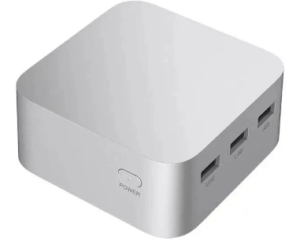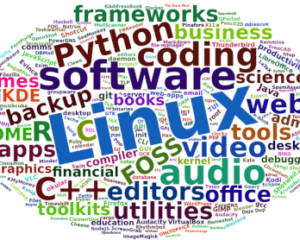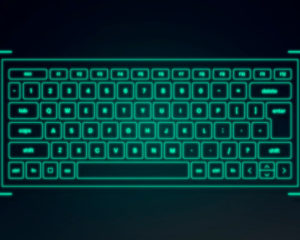Accessibility is the degree to which products, devices, services, or environments are available to as many people as possible whatever their circumstances. Accessibility is paramount. Social inclusion is not an act of charity but a fundamental human right.
Read more






